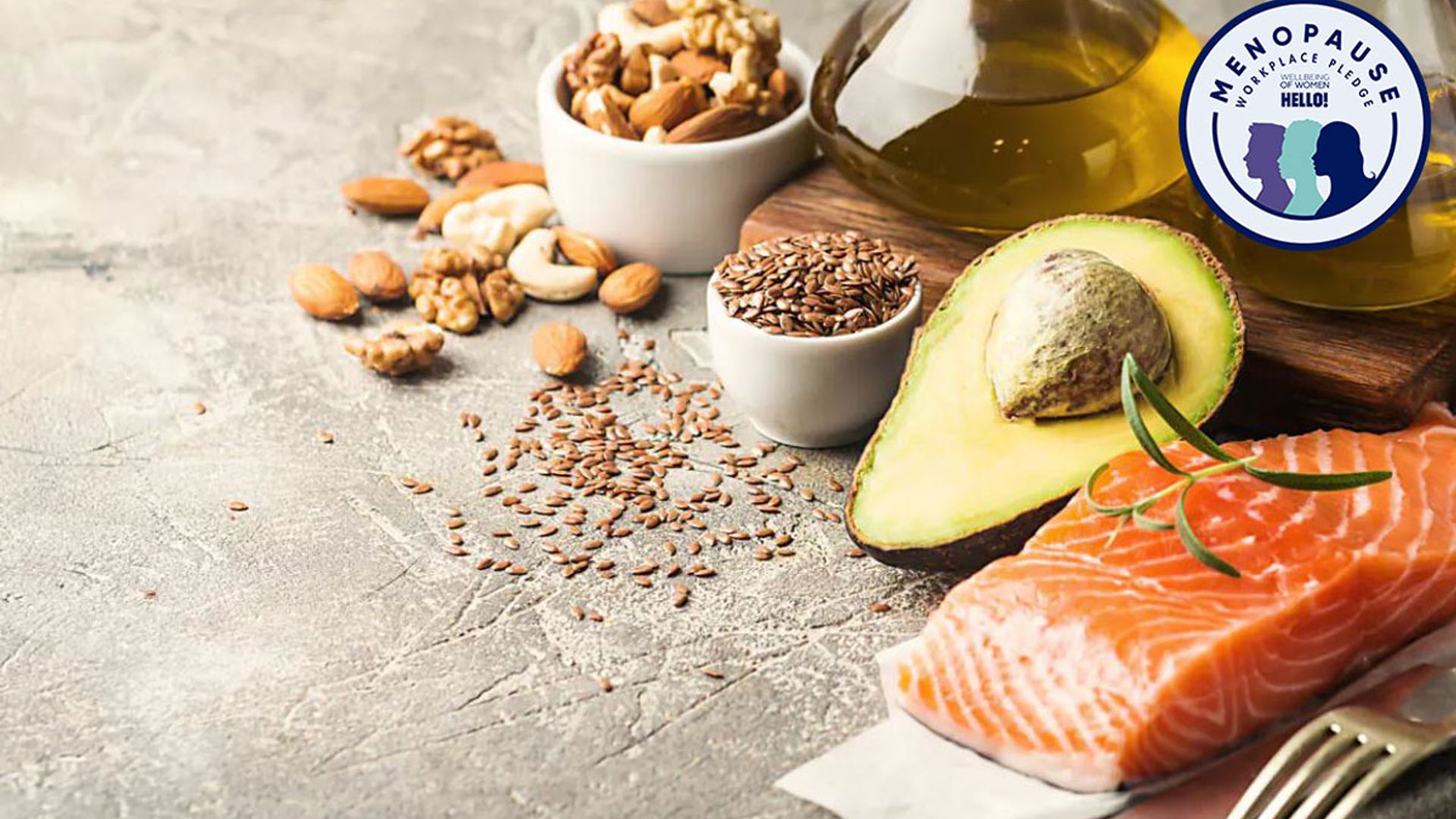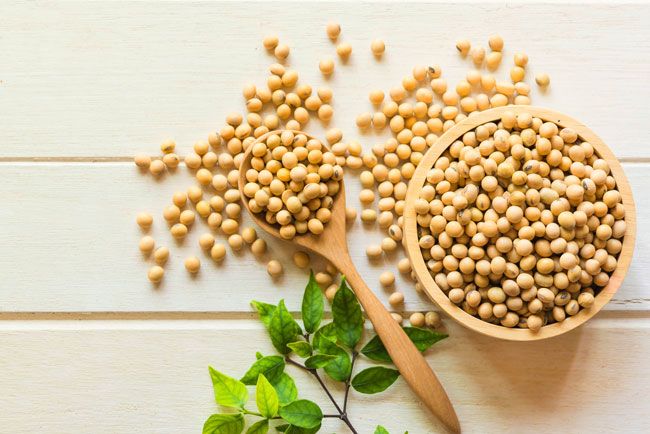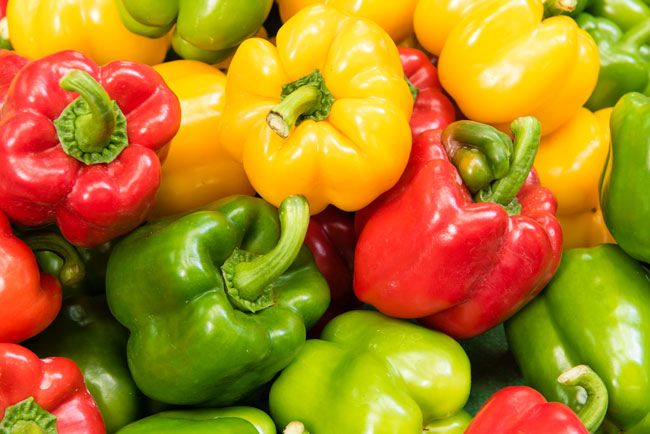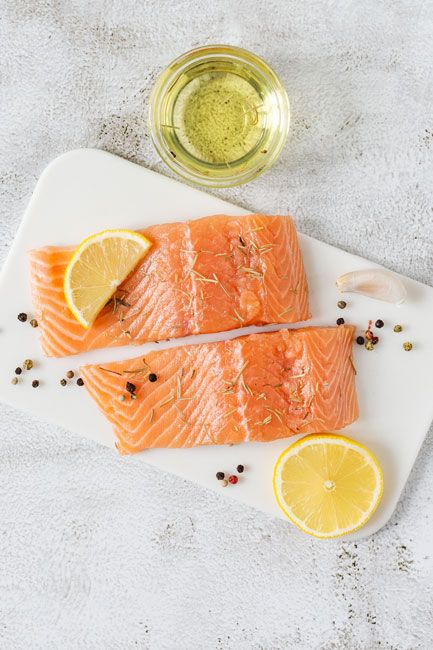It's the phase in life that all women come to dread. No one looks forward to menopause; the toll it can take on the body - not to mention the havoc it plays with your hormones - is no picnic, with symptoms ranging from hot flashes and headaches to weight increase and severe mood swings.
RELATED: HELLO! launches empowering new campaign for women going through menopause at work
The good news is that you can help alleviate some of these symptoms through nutrition. We have included a list of foods that you should try to include in your daily diet to help ease the way.
Soy Beans
Soy Beans contain phytoestrogens, which are natural plant molecules that closely resemble, and mimic, the actions of estrogen. Phytoestrogens can help to reduce hot flashes, offering protection from heart disease and lowering the risk of osteoporoses.
Other sources of phytoestrogens include seeds and nuts — flaxseed, sesame seed, sunflower seeds, chestnuts and almonds — green beans, rhubarb and celery.
MORE: Countess of Wessex supports campaign over 'tragic' impact of menopause
Sunflower seeds
Sunflower seeds are one of the highest food sources of vitamin E, which can help reduce the severity and frequency of hot flashes.
Almonds, pine nuts, paprika and unsalted peanuts are also sources of vitamin E.
Bell Peppers
Bell Peppers contain a large amount of vitamin C, which helps to support your immune system and your blood vessels as well as acting as a powerful antioxidant.
Vitamin C has been shown to reduce specific symptoms of menopause including hot flashes, and also helps retain the elasticity in the urinary tract to help combat incontinence.
Other foods high in vitamin c include kale, broccoli, kiwi fruit, oranges, clementines and strawberries.
Whole grains
Whole grains such as brown rice, whole grain bread, granola and cereal contain B vitamins. B vitamins assist the body when it is under pressure and can be particularly helpful during menopause by helping to take pressure off your adrenal (stress) glands. They can also help women suffering with symptoms of anxiety, reduced energy levels and those lacking in concentration.
Salmon
Salmon is a potent source of Omega 3, which is generally considered to be an all-round tonic for your body. Omega 3 can help alleviate dry skin, lifeless hair, and cracked nails, and also aids with depression, forgetfulness, breast pain, aching joints and weight issues.
Heart disease risk can rise after menopause, so you should try to eat at least two servings of fish per week (preferably those with healthy fats like salmon or trout). Other foods rich in omega 3 included walnuts & flax seeds.
What to avoid
Try to stop eating foods that are likely to trigger hot flashes and night sweats by avoiding stimulants like coffee, alcohol and spicy foods especially in the evening.
To combat any tiredness you might be feeling, cut out sugary foods and instead opt for protein rich snacks such as a boiled egg & cherry tomatoes.
DISCOVER: Davina McCall shares glowing make-up free selfie with important menopause message












